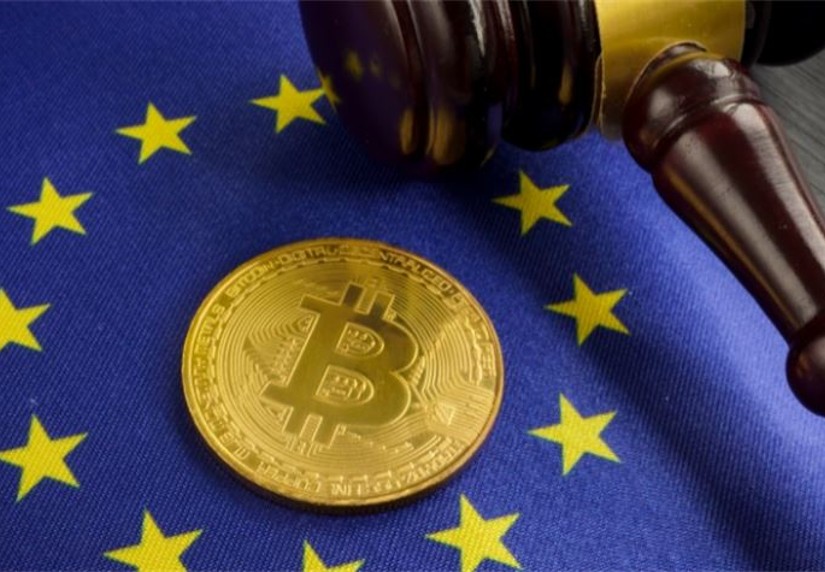In a significant development for the cryptocurrency industry, the Economic and Financial Affairs Council of the European Union (EU) comprising finance ministers of all member states approved the Markets in Crypto-Assets (MiCA) regulatory framework after a vote on May 16. According to the announcement, finance ministers from 27 member states voted in favor of the MiCA bill.
Meanwhile, the move follows months of discussions and deliberations among European policymakers and stakeholders, aimed at establishing a comprehensive regulatory framework for cryptocurrencies and related activities.
Interestingly, the MiCA regulatory framework is intended to address the current regulatory vacuum surrounding cryptocurrencies and bring digital assets under a common set of rules and standards, it is also expected to pave the way for a more transparent and secure environment for investors and issuers alike, while also fostering innovation in the rapidly evolving cryptocurrency market.
Similarly, in March, the EU parliamentarians cast their vote in favor of the proposal for the EU-wide digital wallet. Recall that legislators in the EU have also proposed strict policies for traditional banks holding cryptocurrency to avoid collapse like in the case of Silvergate Bank, Silicon Valley Bank, and Signature Bank in the United States.
Highlights of the MiCA Regulatory Framework
Notably, the regulatory framework will establish a common set of rules for cryptocurrencies and related activities including Initial Coin Offerings (ICOs), trading platforms, and wallet providers.

This will in turn enable greater consistency and clarity in the regulatory landscape for digital assets, which is currency fragmented and confusing.
Likewise, the MiCA regulatory framework will set new standards for consumer protection, including mandatory disclosures, Know-your-customer/Anti-money laundering procedures, and anti-fraud measures. As such, will help mitigate the risks associated with investing in cryptocurrencies and build trust in the asset class.
Additionally, the regulatory framework will give authorities greater power to supervise and regulate cryptocurrency activities, including the ability to impose fines and penalties for non-compliance. This will help to deter bad actors and ensure compliance with the new regulatory requirements.
While the framework is still subject to further review and implementation by member states, it represents a positive step towards a more secure and transparent environment for digital assets. As such, it is likely to be welcomed by many in the industry as a necessary and important step towards greater legitimacy and mainstream adoption of cryptocurrencies in Europe.


